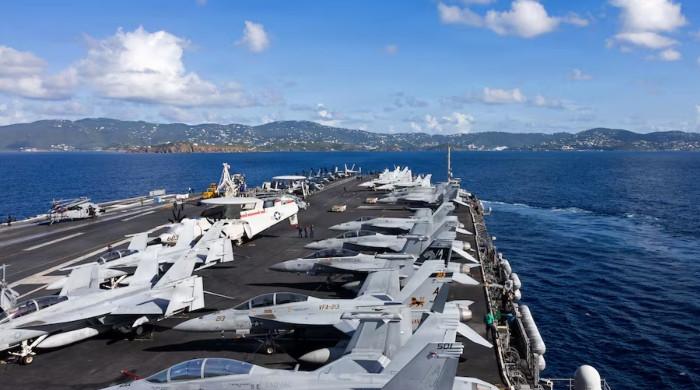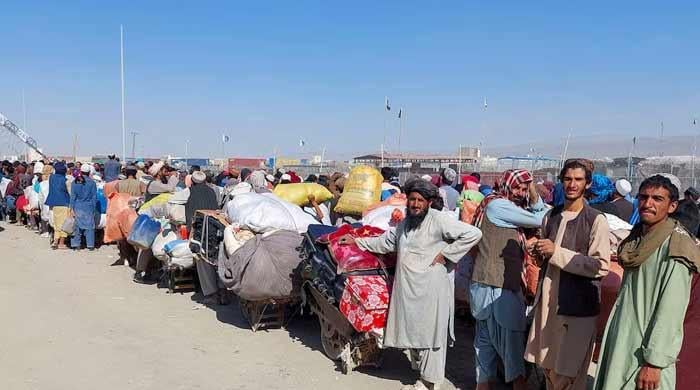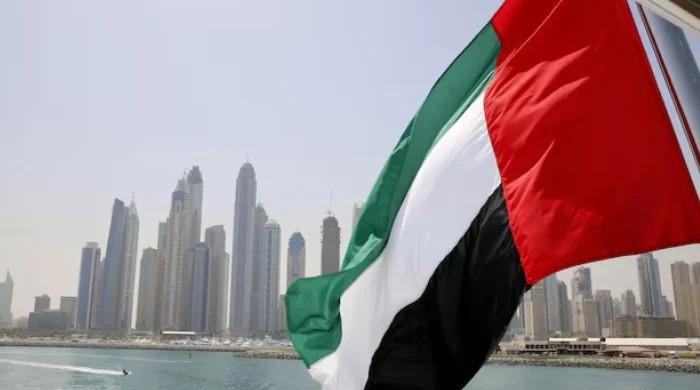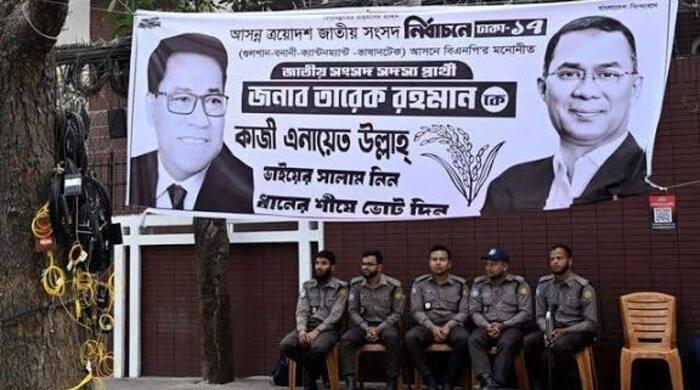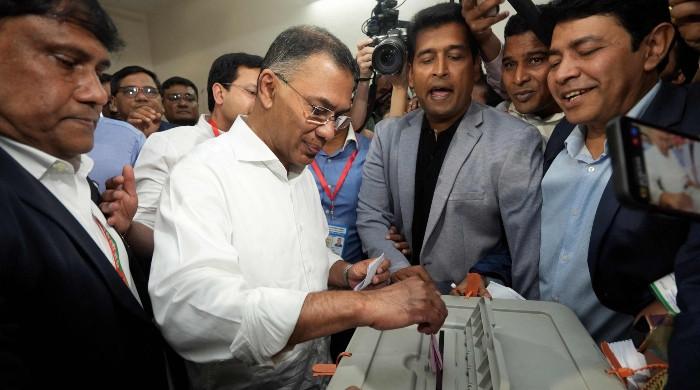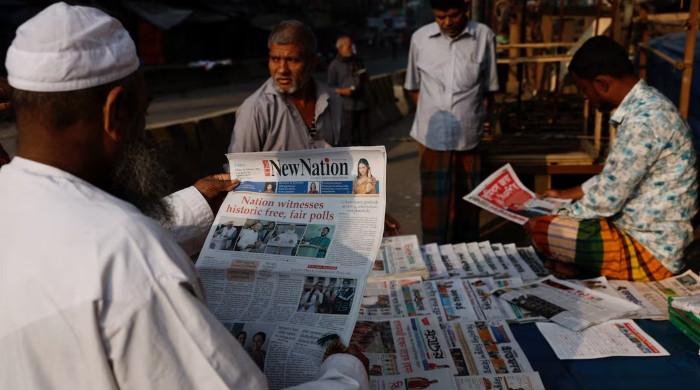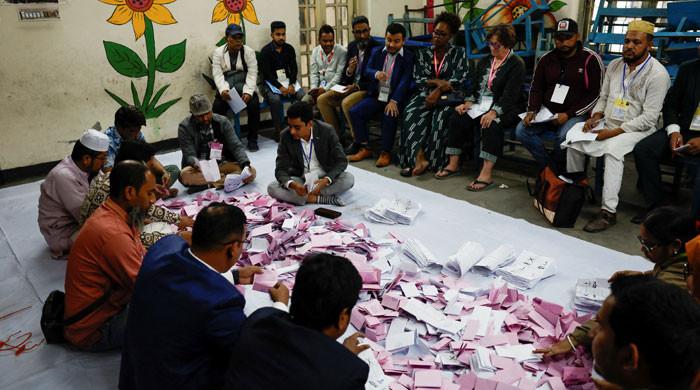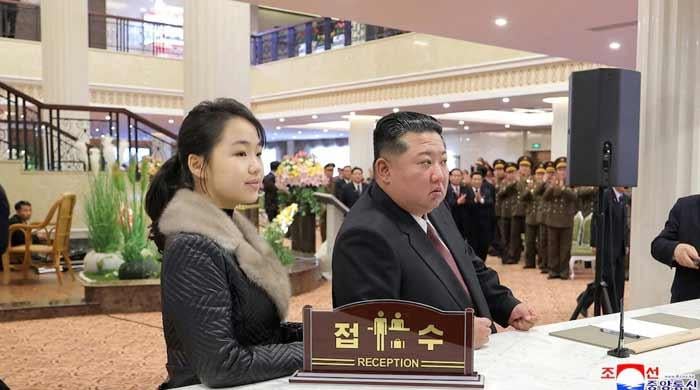ICC seeks arrest of Taliban leaders over persecution of women
Alleged crimes were committed between Agust 15, 2021 and continued until at least January 20, 2025
July 08, 2025
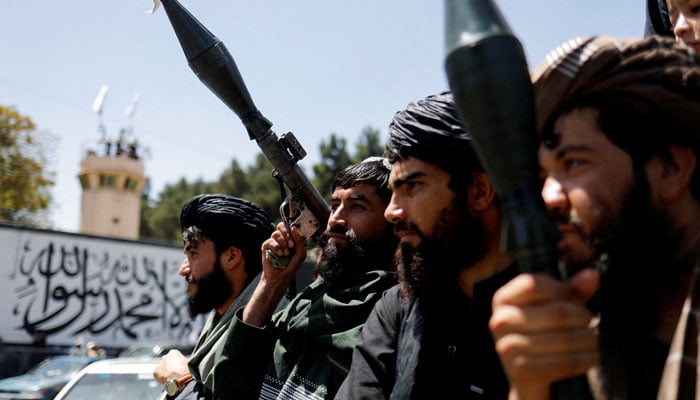
- Arrest warrants issued for senior Taliban leaders in Afghanistan.
- Taliban deprived women of fundamental rights, say ICC judges.
- Court says alleged crimes were committed since Taliban seized power.
The International Criminal Court (ICC) on Tuesday issued arrest warrants for senior Taliban leaders in Afghanistan over the persecution of women, a crime against humanity.
ICC judges said in a statement there were "reasonable grounds" to suspect Supreme Leader Haibatullah Akhundzada and chief justice Abdul Hakim Haqqani "have committed... the crime against humanity of persecution... on gender grounds."
"While the Taliban have imposed certain rules and prohibitions on the population as a whole, they have specifically targeted girls and women by reason of their gender, depriving them of fundamental rights and freedoms," the court said.
The court said the alleged crimes had been committed between 15 August 2021, when the Taliban seized power, and continued until at least January 20, 2025.
The Taliban had "severely deprived" girls and women of the rights to education, privacy and family life and the freedoms of movement, expression, thought, conscience and religion, ICC judges said.
"In addition, other persons were targeted because certain expressions of sexuality and/or gender identity were regarded as inconsistent with the Taliban's policy on gender."
The ICC, based in The Hague, was set up to rule on the world's worst crimes, such as war crimes and crimes against humanity.
It has no police force of its own and relies on its member states to carry out its arrest warrants, with mixed results.
In theory, this means that anyone subject to an ICC arrest warrant cannot travel to a member state for fear of being detained.




